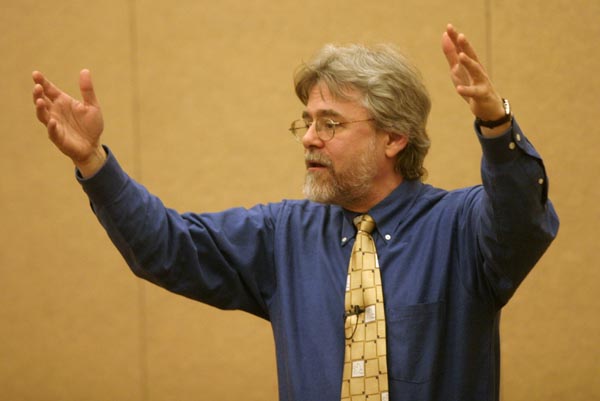A Sacred Sorrow by Michael Card
But also, helpful and interesting to me (and I think I speak for my wife and family, too) was that the pastor, filling in for one who was away, ended up being a guy who was what they used to call a "son of the church." That is, he grew up with Beth and Debi in that church, saw Beth's parents as spiritual mentors of sorts, knew their lives and congregation and town, well. His deep knowledge of and care for the situation meant that, even though he was highly liturgical as a well-trained contemporary Lutheran, he was authentic. He got choked up when talking about Harry, choked up when reading the Scriptures of grace, choked up when he assured us that Harry was in the New Jerusalem, choked up at the gravesite, for and with us all. He cared, he loved, his heart was in it, as they say. This is theological and pastoral ministry as it should be. Sad that it seems less common these days.
To wit: a book comment. In my regular review this month (over at the website column, here) I rave about the newly re-issued Rainbows for the Fallen World by H&M friend, Calvin Seerveld.
A newish book by long-time and thoughtful CCM singer-songwriter Michael Card, called A Sacred Sorrow: Reaching Out to God in the Lost Language of Lament (NavPress; $13.99) starts off in the introduction saying that he got a card after 9-11 from Cal Seerveld, asking why it is that so many churches these days have "praise teams" but no one has "lament teams." He invited Michael to write some suitable laments. Card also says that about that time he read the powerful, powerful, dense and rich book, The Prophetic Imagination by Walter Brueggemann, which has as a major theme the (subversive) power of grief. A note from Seerveld, a book by Brueggemann, and Michael Card started writing. His new book is very, very good.*
I tell you this to set up a story, a story that I can only briefly paraphrase. In the foreward, guest writer Eugene Peterson tells of someone that he didn't even know offering "preacherish cliches" in response to Peterson crying during his role leading a funeral---the funeral of his own father! A well-intended person who should have known better said something really dumb to Peterson, as if grief, or displayed grief on the part of a pastor, was inappropriate, or that deeply felt hurt could be easily swept away by reciting a Christian truth.
And so, Eugene writes:
This is a magnificently conceived and executed book. Michael Card has saturated himself in the rhythms, music, and truth of our people-of-God ancestors and written a necessary book for all of us Christians (and there are many of us) who have lost touch with our native language of lament, this language that accepts suffering and our freely expressed suffering as the stuff that God uses for our salvation. At-homeness in the language of lament is necessary for expressing our companionship with our Lord as He accompanies us through the 'valley of the shadow of death'...Later, Peterson concludes,
So, learning the language of lament is not only necessary to restore Christian dignity to suffering and repentance and death, it is necessary to provide a Christian witness to a world that has no language for and is therefore oblivious to the glories of wilderness and cross.Peterson is right, it seems to me. Many in our culture, including in our churches, have thin language for this hard work of bereavement, no sure framework to help make sense of it, certainly no sane way to way to construe it as "glory." I am not sure I do. I know it hurts; I know the gospel is deeply true. And we shall cling to that. And, whenever we can, we shall tell people that Christian faith makes us more human, not less (to quote Charlie Peacocke, in New Way To Be Human) fully able to grieve and hurt, and not disguise our pain in "preacherish cliches." Therefore, we need help in learning anew to be real in our grief, to affirm the power of lament, and to deal with the dead. That is what we did today. As most of you know, it is hard work. Thanks for writers like Thomas Lynch (who I noted yesterday) and Michael Card who gives us wise and courageous words along the way.
*There are several other good books that have been released in the last year or two about lament, the Psalms of lament, and the theological and pastoral implications of lamentation. Let us know if you want to know of others.





<< Home